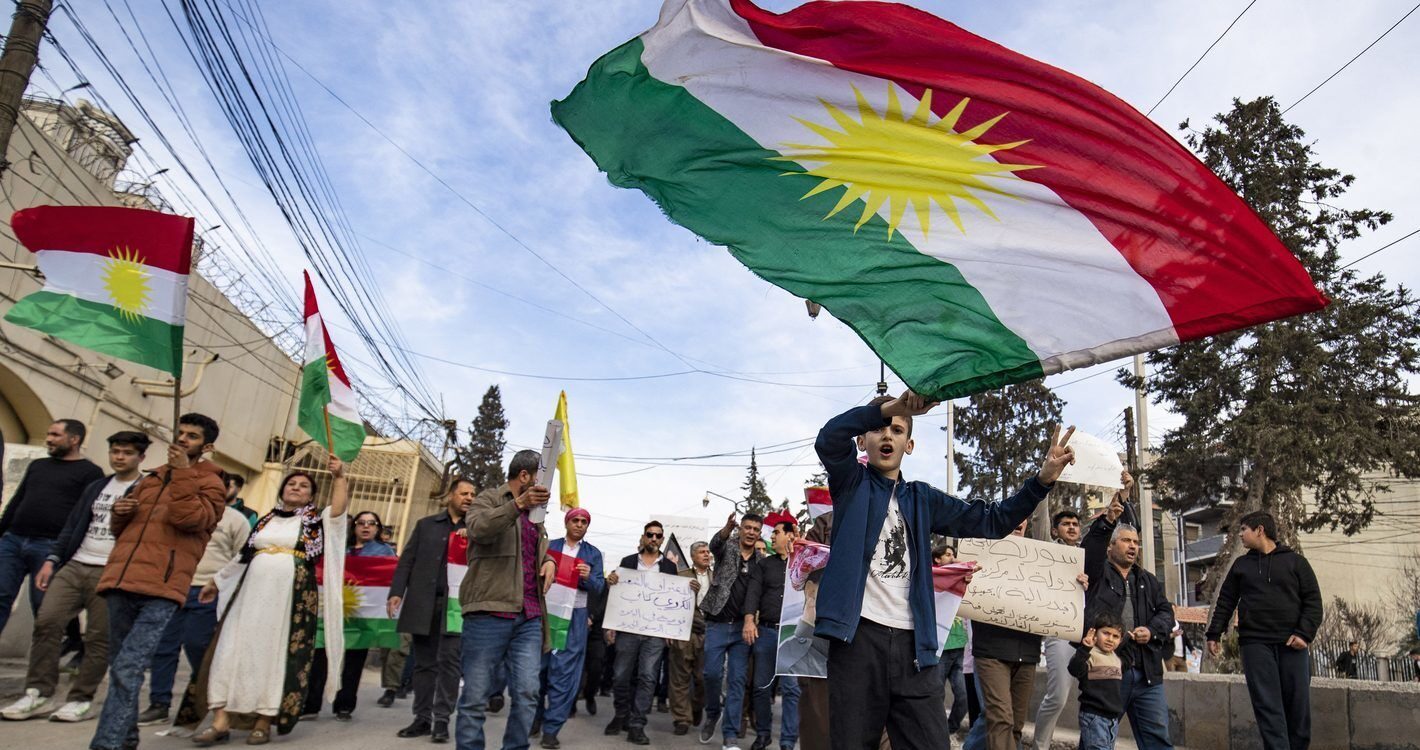Saudi Arabia’s Careful Strategy Toward Syrian Kurds: Stability Over Surprise
For over a decade, Syria has been ravaged by conflict. Different groups have fought for control, while international powers backed their preferred factions. Amid this chaos, the Kurdish-dominated SDF established a semi-autonomous region in the northeast. These forces became key allies of the U.S.-led coalition in fighting ISIS and other extremist groups. Their ability to govern and secure territory earned them international recognition, even as they remained excluded from most peace talks.
But the sudden fall of Bashar al-Assad’s regime—toppled by a coalition of Islamist rebel groups led by Hayat Tahrir al-Sham (HTS)—has reshaped the battlefield. The new HTS-backed government has signaled a surprising openness to political inclusion, inviting groups like the SDF to join a broader Syrian project.
This invitation has made headlines and raised eyebrows across the region.
Saudi Arabia’s View: Supportive, But Careful
Saudi Arabia has never been a vocal supporter of the Kurdish movement in Syria. Its approach has been more measured than enthusiastic, guided by long-standing concerns: preserving Syria’s unity, preventing extremist rule, and pushing back against the influence of Iran and Turkey.

Yet, the Kingdom has cautiously welcomed the new government’s attempt to include the Kurds in a unified Syrian framework. In January 2025, the Saudi Foreign Ministry publicly praised Syria’s efforts to protect peace and rebuild national institutions. It reiterated the Kingdom’s commitment to Syria’s territorial unity and independence.
This marked a shift from passive observation to guarded support. Riyadh appears to be signaling that it is open to a political resolution that includes the Kurds—so long as that resolution avoids fragmentation or foreign domination.
Why Now? Strategic Interests Behind Riyadh’s Moves
Saudi Arabia’s approach is not just about Syria—it’s about the wider region. The SDF question touches on multiple Saudi concerns:
1. Fighting Extremism
Saudi Arabia is wary of HTS, which has roots in al-Qaeda. But the Kingdom also sees value in bringing moderate forces like the SDF into the political fold. A strong, inclusive Syrian state could serve as a bulwark against extremism, especially if it limits the appeal of jihadist groups in post-war Syria.
2. Countering Iran
Iran has long used its ties with the Assad regime and allied militias to expand its influence in Syria. A government that includes diverse factions—especially ones not aligned with Tehran—could dilute Iran’s control. For Saudi Arabia, this is a welcome prospect.
3. Balancing Turkey
Ankara views the SDF as a threat, due to its links to the PKK, a Kurdish separatist group inside Turkey. Saudi Arabia must tread carefully here. While it wants a stable Syria, it doesn’t want to worsen tensions with Turkey. Supporting Kurdish inclusion—but not autonomy—might strike that balance.
4. Easing the Humanitarian Crisis
Millions of Syrians remain displaced, and aid is badly needed across the country. A political settlement that includes the SDF might bring calm to the northeast and open up new humanitarian corridors. This would allow Saudi Arabia to boost its soft power through aid, reconstruction, and diplomacy.
Key Obstacles Remain
Still, the road ahead is uncertain. Several major hurdles stand in the way of true Kurdish integration—and Saudi influence in Syria.
SDF’s Autonomy Demands
The SDF has proposed joining Syria’s new army as a separate bloc with command over Kurdish-majority areas. This offer was swiftly rejected by Syrian Defense Minister Murhaf Abu Qasra, who insisted on a single, centralized military. This clash reflects a deeper issue: the Kurds want recognition and rights; the new regime wants full control.
Turkish Resistance
Turkey remains deeply opposed to any political role for the SDF. It has previously launched military operations against Kurdish areas in Syria and has threatened more if the group is empowered. Saudi Arabia must avoid triggering Turkish retaliation, which could destabilize the entire northern region.
Uncertain Syrian Governance
HTS’s Islamist roots raise concerns in Western and Gulf capitals. Can this group truly build an inclusive state? Will it respect Kurdish culture, language, and rights? Saudi Arabia is watching closely, aware that backing the wrong regime could backfire diplomatically.
Riyadh’s Long Game
Saudi Arabia isn’t rushing into Syria with bold declarations or military backing. Instead, it is playing a long-term strategic game—offering diplomatic support, engaging behind the scenes, and waiting to see how the new order in Syria evolves.
The Kingdom may also be looking ahead to future reconstruction efforts. A stable Syria, with the Kurds on board and extremism at bay, could become a partner in regional development. Saudi investors and contractors could play a major role in rebuilding the war-torn nation, especially if ties between Damascus and Arab capitals continue to warm.
Final Thoughts
Saudi Arabia’s evolving policy toward the Syrian Kurds shows a Kingdom acting with both caution and calculation. The risks of engagement are real—Turkey, Iran, internal Kurdish demands—but the potential rewards are equally significant. A balanced, inclusive Syria would be a win for Riyadh and for regional peace.
The coming months will be crucial. Much will depend on whether HTS follows through on its promises of unity and inclusion, and whether the SDF is willing to compromise on autonomy in exchange for security and legitimacy.
Do follow gulf magazine on Instagram
for more information click here



